News
Polygon AggLayer to unify multiple blockchains into a single network
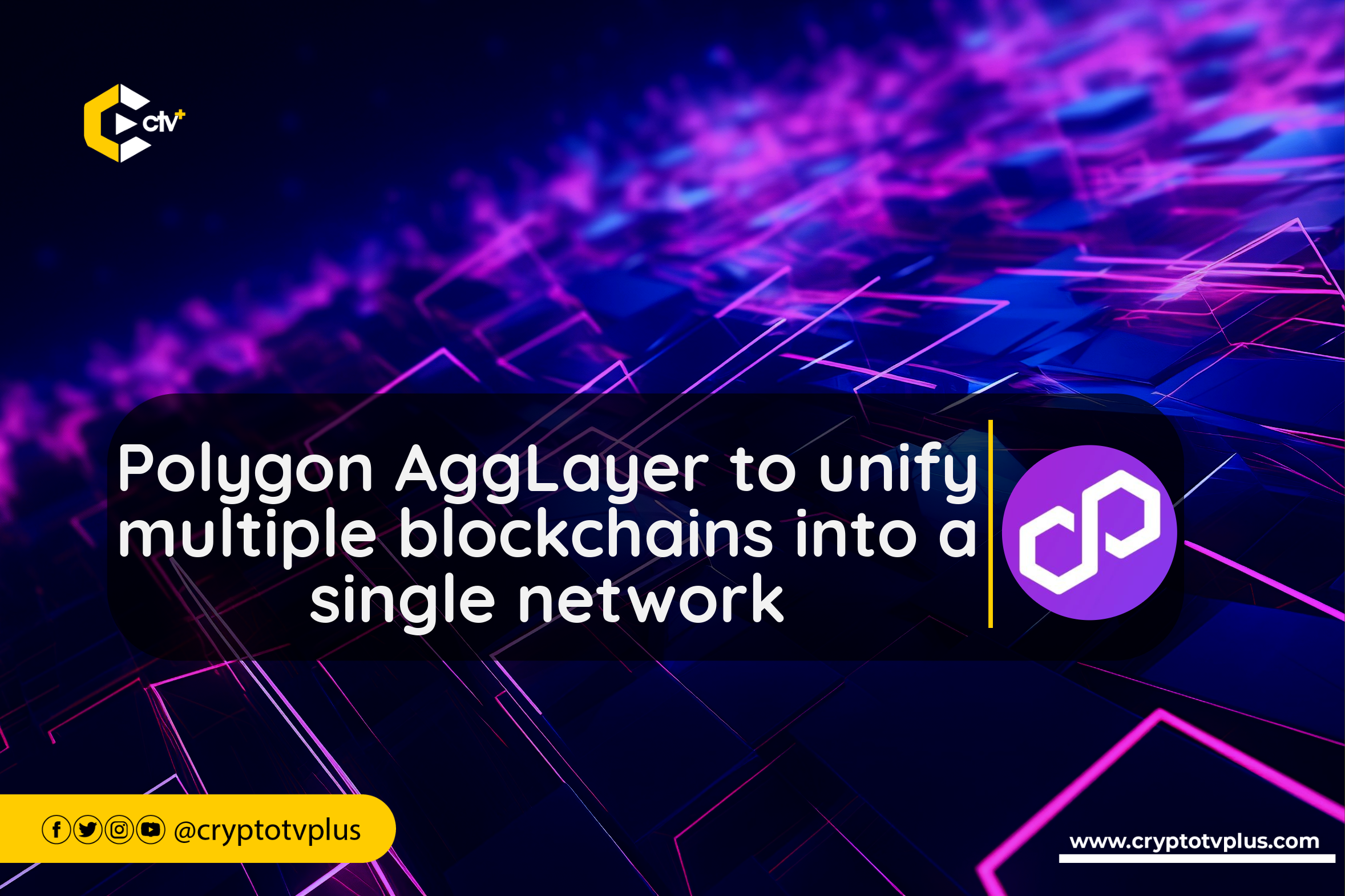
Polygon Labs plans to launch a protocol next month, intending to create a network that feels like a single chain for end-users.
In a blog post on January 24, Polygon announced its upcoming AggLayer solution, set for a February launch, aiming to aggregate zero-knowledge proofs (ZK-proofs) from various blockchains. The goal is to enable developers to integrate layer 1 and 2 blockchains, merging them into a unified network.
Polygon stated that, for users, AggLayer will offer an experience similar to using the internet—a single network of different blockchains easily accessible. Developers can connect different blockchains through zero-knowledge proofs, eliminating the need for cumbersome and frequent bridging.
Polygon Labs illustrated a use case for AggLayer, involving a user on Ethereum layer-2 chain X1. In this scenario, the user holds Dai and purchases a nonfungible token on Polygon’s zero-knowledge Ethereum Virtual Machine (zkEVM) without the need to bridge DAI to the zkEVM beforehand.
“From the end-user perspective, this will feel like using a single chain,” it wrote. “Users can interact with [decentralized applications] without needing to know that they are accessing another chain.”
Polygon Labs believed that blockchains should resemble a unified, highly scalable network like the internet, rather than being siloed and lacking interoperability, resulting in a poor user experience and scaling limitations.
AggLayer aims to enhance the currently prevalent monolithic and modular blockchain architectures. Monolithic blockchains, like Bitcoin, handle transactions, settlements, and data availability on a single layer. In contrast, modular blockchains, like post-merge Ethereum, distribute functions across different layers to improve efficiency.
“Aggregation synthesizes the benefits of both integrated (monolithic) and modular architectures using ZK technology,” Polygon Labs wrote.
The first version of AggLayer is set to launch in February, with a second version later in the year, supporting cross-chain transactions without the requirement for both chains to be online simultaneously.
Read also: Solana-based Jupiter confirms token release date





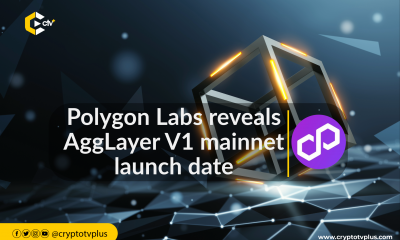

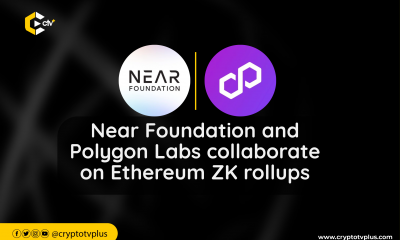

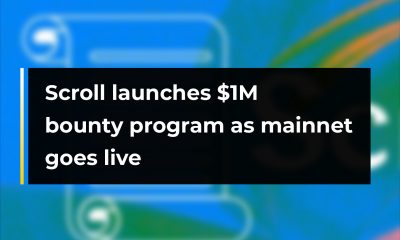

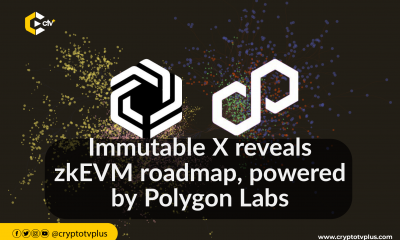













1 Comment